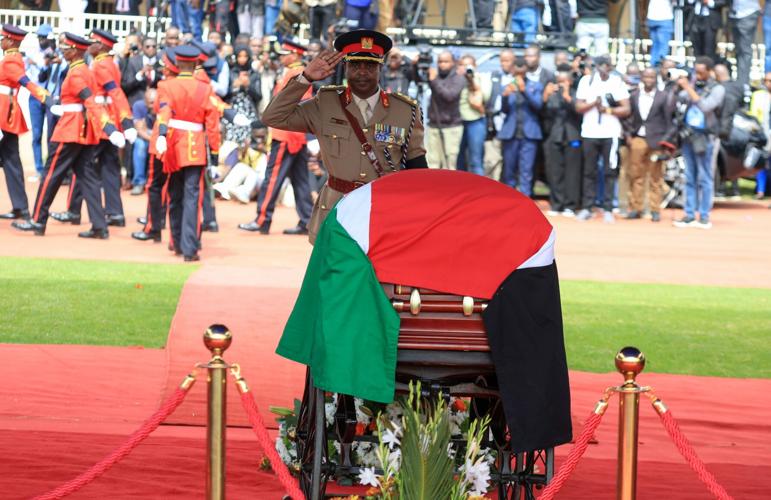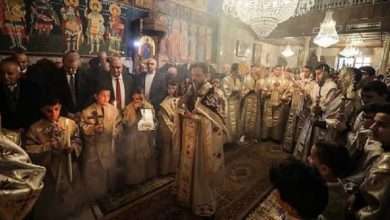
NAIROBI – A profound national outpouring of grief for former Kenyan Prime Minister Raila Odinga has been tragically overshadowed by chaos, after a stampede at a Nairobi stadium during a public viewing of his body left two people dead and injured over 100 others.
The passing of Odinga at the age of 80 on Wednesday marked the end of an era for a revered statesman whose outsized influence helped steer the East African nation toward a vibrant multiparty democracy. However, the sheer scale of the public mourning proved too much for security measures, resulting in fatal disorder for the second consecutive day.
Deadly Chaos at the Stadium
The stampede erupted at the stadium in the capital following the state funeral service, as thousands of citizens surged forward for a final glimpse of the democratic reformer. Doctors Without Borders (MSF) confirmed the severity of the incident, reporting that two people died and 163 patients were treated at the scene. Thirty-four of those injured required transfer to hospitals for urgent care, according to the Kenyan Red Cross.
The Friday incident followed violence a day earlier, where three people died, and at least ten were injured during a public viewing when police deployed live bullets and tear gas in an attempt to control an overwhelming crowd.
Amidst the growing despair, Odinga’s brother, Oburu Odinga, delivered an emotional plea for calm late Friday night.
“Raila should not be teargassed in death. He has been teargassed enough when he was alive, please let us not cause a situation where he is teargassed again,” he urged Kenyans, referencing the political battles Odinga fought throughout his life.
A Pervasive Legacy Honored
The somber tribute at the stadium saw thousands fill the grounds, chanting and holding up portraits of Odinga, whose casket was draped in the national flag. The gathering reflected the deep reverence Kenyans hold for the man who ran for the presidency five times over three decades.
Earlier that day, Odinga’s body lay in state in Parliament—an honor traditionally reserved only for the president and former presidents. President William Ruto underscored the historical significance of the moment, noting that Odinga deserved the honor for his 15 years as a legislator and his “pivotal role in shaping some of the most consequential laws in our Republic’s history.”
During the service, President Ruto, who was a political rival to Odinga in the 2022 election but later signed a national unity pact with him, led mourners in singing Odinga’s favorite song, Harry Belafonte’s “Jamaica Farewell.”
Political analyst Herman Manyora, from the University of Nairobi, summarized the nation’s grief, telling The Associated Press that the displayed affection was a testament to Odinga’s sacrifices. “You can’t point at a man more willing to sacrifice everything just for the sake of his people,” Manyora stated.
Family Grief and Swift Farewell
Odinga’s family paid tribute to a life lived with conviction. His wife, Ida, urged for peaceful mourning and emphasized her husband’s deep disdain for greed and dishonesty. His daughter, Winnie, shared a powerful final memory, noting her father died “strong, with dignity and pride” after extending his morning walk just hours before his passing.
His son, Raila Odinga Junior, donning his father’s traditional beaded hat and fly whisk, pledged to carry on the family’s legacy as the sole surviving son.
In an unusual request for a popular Kenyan leader, the family announced that Odinga had requested a swift burial, ideally within 72 hours of his death. The final public viewing is scheduled for Saturday in the western city of Kisumu, near his rural home in Bondo, where he will be laid to rest on Sunday.








